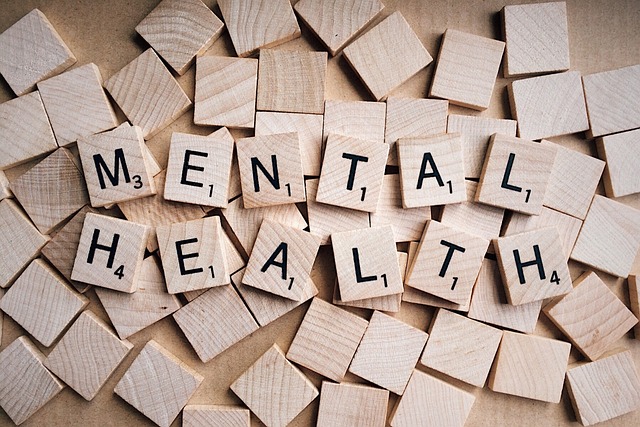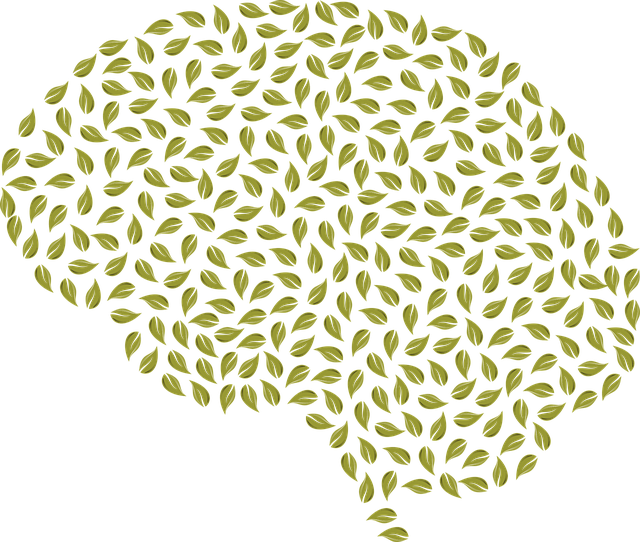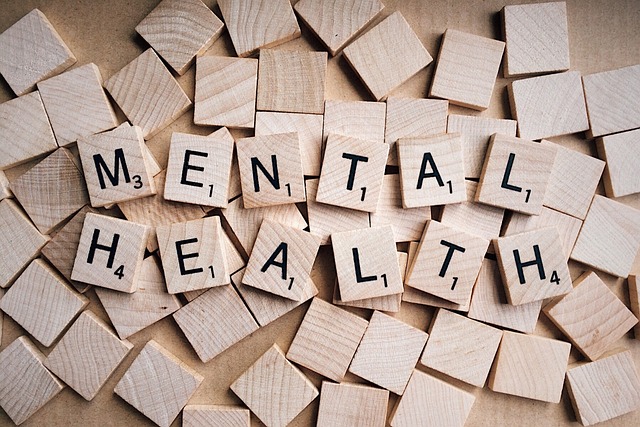“Mental health issues among young adults, especially within blended families, are a growing concern. This article explores the critical need for comprehensive education programs that cater to this unique demographic. We delve into strategies for personalized learning, emphasizing the integration of therapy techniques in educational settings.
The proposed design focuses on a blended learning approach, combining traditional and digital methods for optimal engagement. Furthermore, we discuss measurement tools and ongoing support mechanisms to ensure the success and well-being of program participants.”
- Understanding Mental Health Issues Among Young Adults and Blended Families
- The Need for Personalized and Accessible Education Programs
- Integrating Therapy Techniques into Educational Curricula
- Designing a Blended Learning Approach for Optimal Engagement
- Measuring Success and Ensuring Continued Support for Participants
Understanding Mental Health Issues Among Young Adults and Blended Families

Understanding Mental health issues among young adults and blended families is a critical component of designing effective educational programs. Young adulthood, a period of significant transition and self-discovery, often presents unique challenges that can impact mental wellness. The rapid changes in identity formation, academic pressures, and navigating social dynamics can contribute to heightened stress levels and increased vulnerability to various mental health disorders. According to recent studies, anxiety and depression are prevalent among this demographic, with blended families facing distinct hurdles due to complex family structures.
Blended families, a growing trend characterized by step-parents and children from previous relationships, may experience difficulties in fostering open communication about mental health. The “Mind Over Matter Principles” can serve as a powerful framework for these families. Public awareness campaigns focused on destigmatizing mental illness within these households are essential to encouraging support systems and early intervention. By promoting understanding and access to therapy for young adults in blended families, we can enhance their resilience and overall well-being, ensuring they receive the necessary tools to navigate life’s challenges effectively.
The Need for Personalized and Accessible Education Programs

In today’s diverse social landscape, mental health education programs must evolve to cater to a wide range of needs, particularly when addressing issues unique to young adults navigating blended families. The traditional one-size-fits-all approach often fails to account for individual differences and specific challenges faced by this demographic. Personalized education becomes crucial in providing tailored support for emotional healing processes and fostering self-esteem improvement within this vulnerable group.
Young adults in blended families may struggle with complex social dynamics, identity issues, and the need for coping strategies that align with their unique experiences. Effective programs should incorporate flexible formats, such as online platforms or small-group sessions, to offer accessible therapy for young adults while respecting their privacy and schedules. By integrating Social Skills Training into these personalized programs, we can empower individuals to build resilience and navigate their interpersonal relationships more effectively, ultimately enhancing their overall mental well-being.
Integrating Therapy Techniques into Educational Curricula

Integrating therapy techniques into educational curricula offers a holistic approach to fostering mental wellness among young adults. By incorporating evidence-based practices tailored for this demographic, schools can provide students with essential coping skills and inner strength development. For instance, therapy exercises such as journaling can serve as a powerful mental wellness journal, encouraging self-reflection and emotional processing.
This strategy is especially beneficial for those navigating complex situations in blended families, where they might experience unique challenges related to identity, adjustment, and family dynamics. Tailored guidance and support during these formative years can significantly impact their long-term mental health, equipping them with the tools to manage stress, process emotions, and build resilience.
Designing a Blended Learning Approach for Optimal Engagement

In today’s digital era, a Blended Learning Approach offers an innovative and engaging strategy for delivering mental health education programs, particularly tailored for young adults from blended families. This method combines traditional in-person sessions with online interactive elements, ensuring optimal engagement and accessibility. By integrating live virtual classrooms, pre-recorded video tutorials, and interactive simulations, the program caters to diverse learning styles while fostering a sense of community among participants. Such an approach is particularly beneficial for young adults navigating complex family dynamics, as it provides a safe space to explore and discuss their experiences in real-time with peers and professionals, alongside accessing resources at their convenience.
Furthermore, incorporating effective tools like Conflict Resolution Techniques, Self-Esteem Improvement modules, and Stress Management Workshops within this blended framework can significantly enhance the program’s impact. These interactive sessions encourage active participation, enabling young adults to develop valuable skills for managing interpersonal conflicts, boosting self-confidence, and coping with stress. By seamlessly blending theoretical knowledge with practical exercises, this holistic approach supports mental well-being, fostering resilience among young adults from blended families.
Measuring Success and Ensuring Continued Support for Participants

Measuring success and providing continued support are crucial aspects of any mental health education program, especially when catering to young adults from blended families. To assess the effectiveness of the program, various quantitative and qualitative methods can be employed. This may include pre- and post-program surveys gauging participants’ emotional well-being promotion techniques and self-care routine development for better mental health. Qualitative feedback through individual or group discussions can offer deeper insights into each participant’s journey, highlighting challenges overcome and the impact of therapy for young adults in blended families.
Ensuring sustained support post-program is vital to prevent potential relapses. This can be achieved by offering ongoing resources, such as trauma support services, and fostering a sense of community among program alumni. Regular check-ins, alumni events, or access to an online platform dedicated to mental health discussions can help maintain momentum in participants’ emotional well-being journeys and encourage peer support networks.
Mental health education programs tailored to address the unique challenges faced by young adults in blended families are essential. By integrating personalized, accessible learning with effective therapy techniques within a blended curriculum, we can foster better mental well-being. This approach ensures that young adults receive the support they need while engaging with educational content effectively. Measuring program success and providing continued support for participants is crucial to achieving lasting positive outcomes for this vulnerable population. Through tailored education and inclusive strategies, we can empower young adults in blended families with the tools to navigate their mental health journeys.










